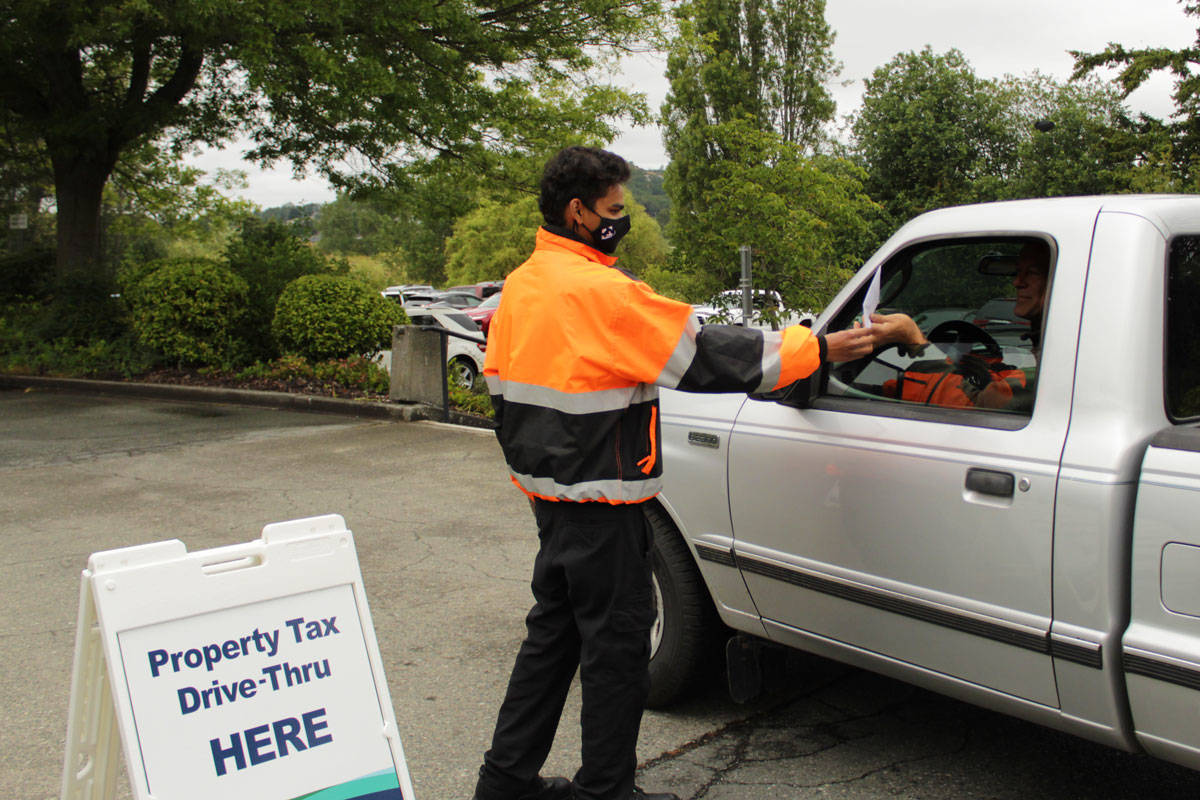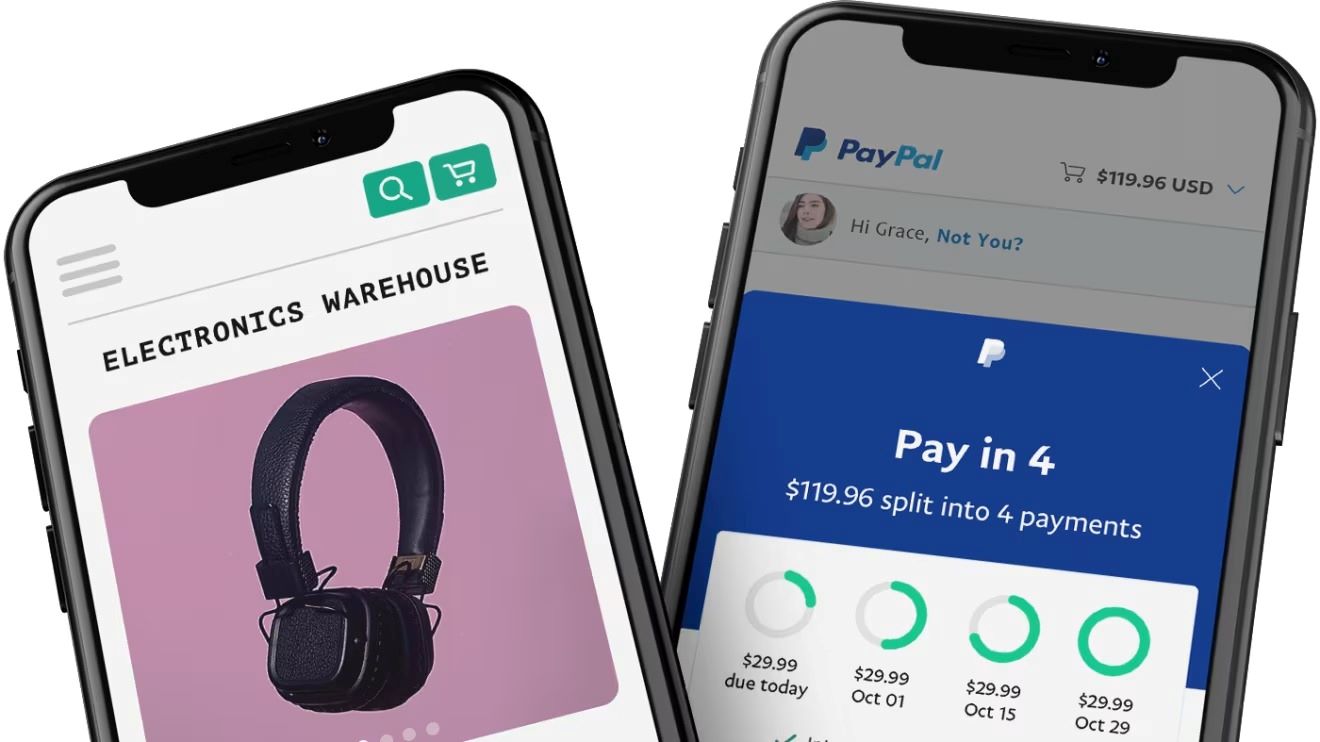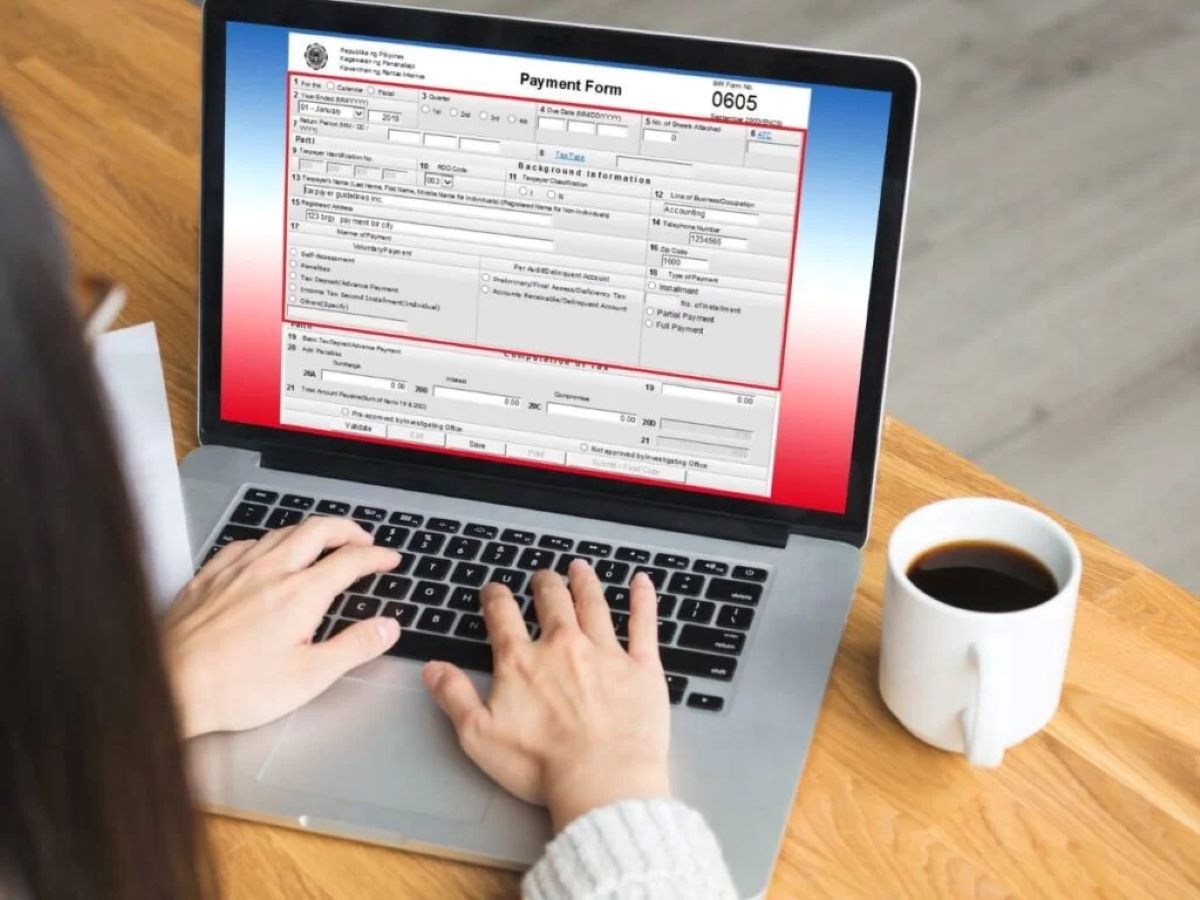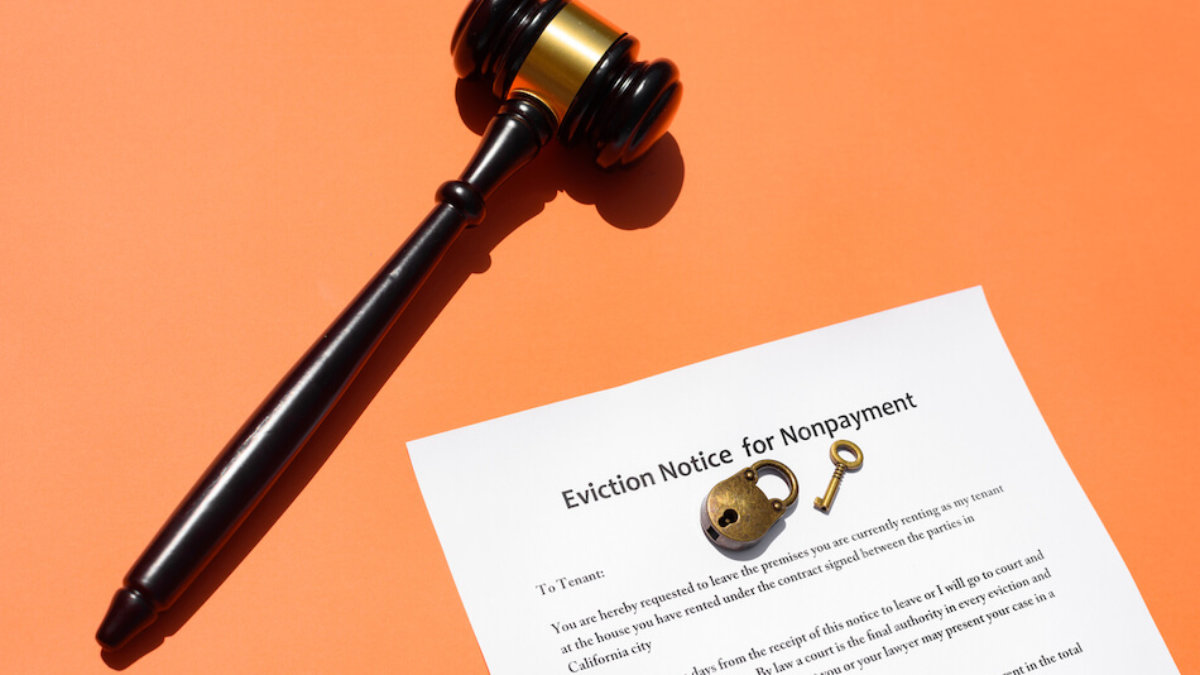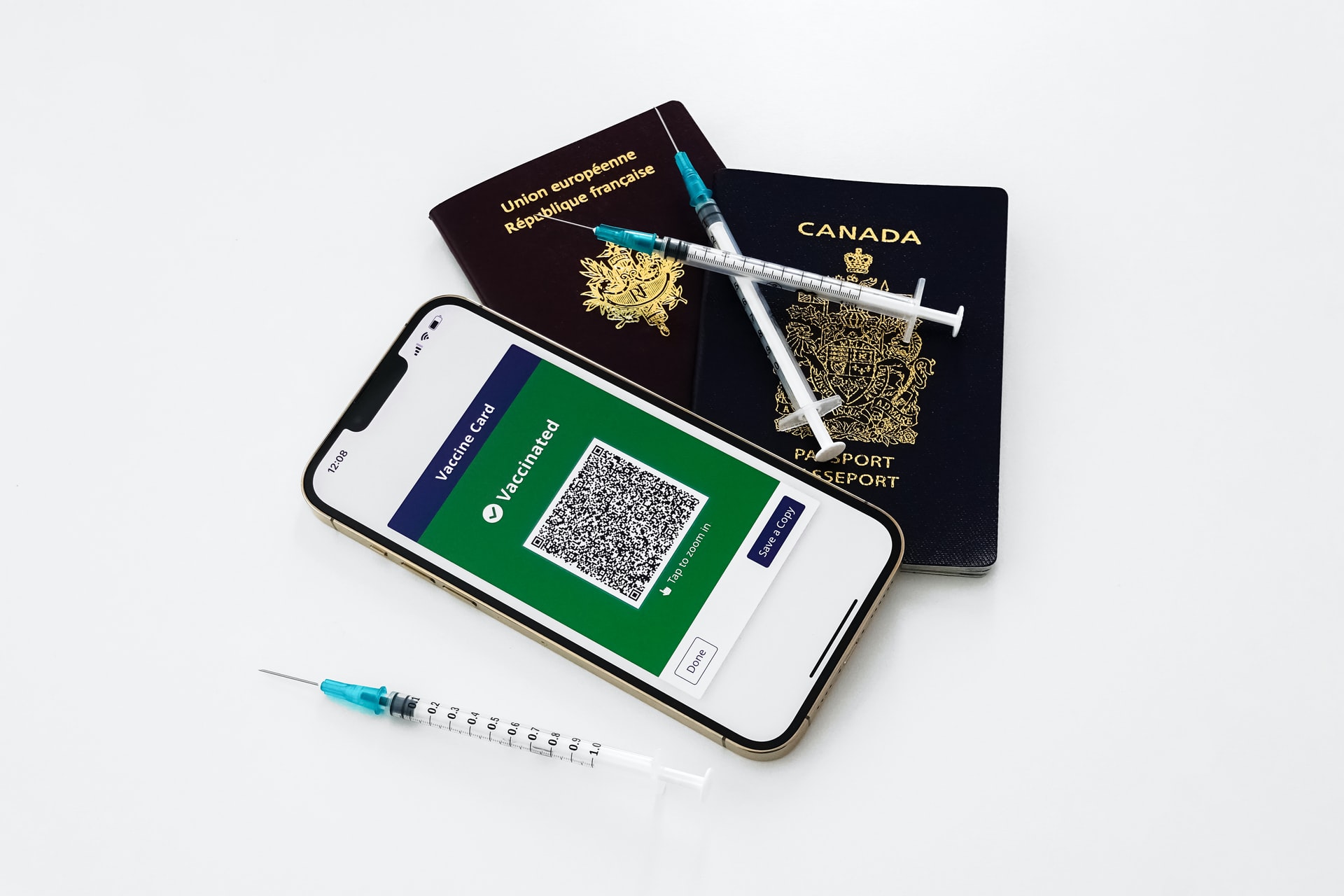Home>Finance>When Do You Have To Pay A Late Fee For Your Driver’s License In FL
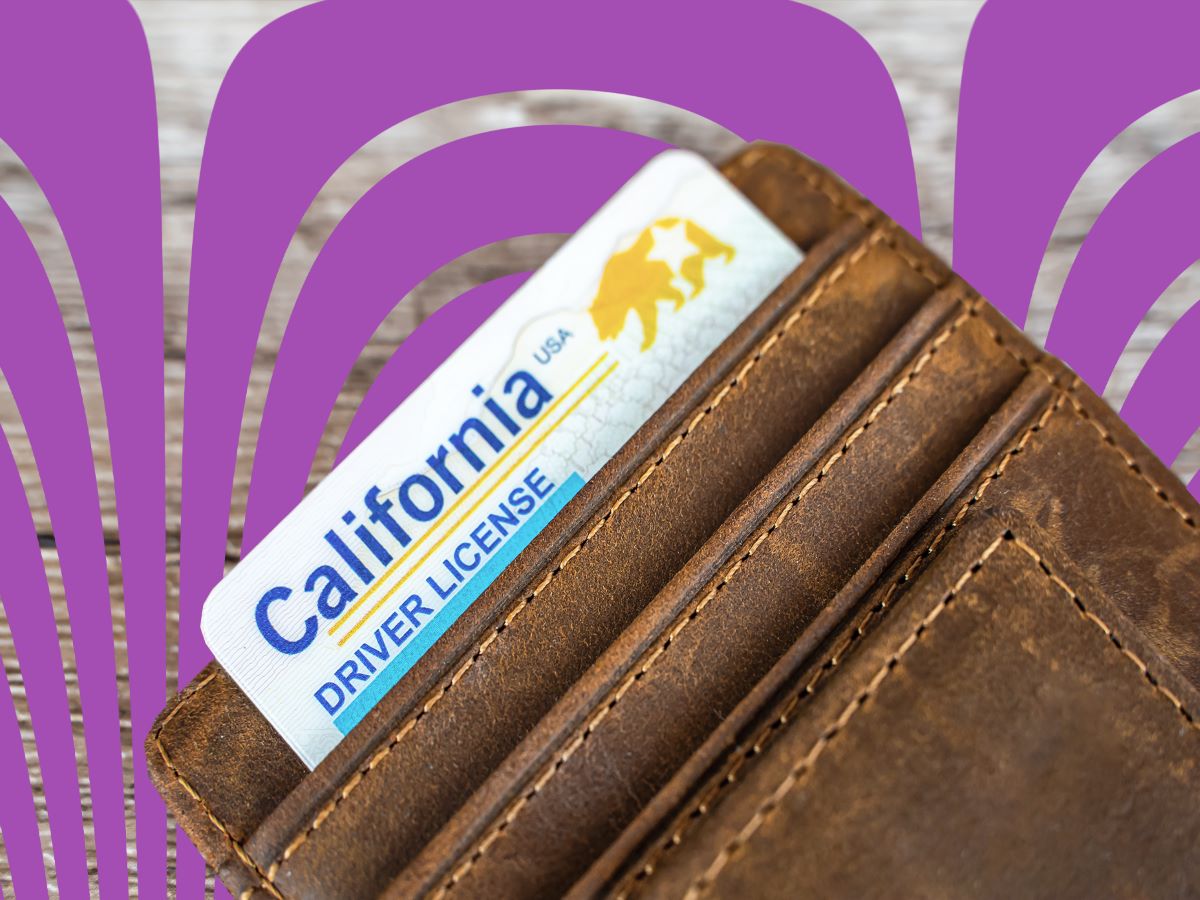

Finance
When Do You Have To Pay A Late Fee For Your Driver’s License In FL
Published: February 22, 2024
Learn about late fees for driver's licenses in FL and how they can impact your finances. Understand when you may have to pay a late fee and how to avoid it.
(Many of the links in this article redirect to a specific reviewed product. Your purchase of these products through affiliate links helps to generate commission for LiveWell, at no extra cost. Learn more)
Table of Contents
Introduction
Understanding the Importance of Timely Driver's License Renewal in Florida
Renewing your driver’s license is an essential responsibility for every motorist, ensuring that you can continue to legally operate a vehicle on the roads. In the state of Florida, as in many other states, there are specific guidelines and deadlines for renewing your driver’s license. Understanding these guidelines is crucial to avoid potential penalties and ensure compliance with the law.
When it comes to driver’s license renewal in Florida, it’s important to be aware of the timelines and requirements to prevent any issues that could arise from a failure to renew on time. This article aims to provide a comprehensive overview of the late fee associated with driver’s license renewal in Florida, along with the consequences of not paying the late fee promptly. By gaining a clear understanding of these aspects, you can navigate the renewal process with confidence and avoid unnecessary complications.
Let’s delve into the specifics of driver’s license renewal in Florida, shedding light on the late fee implications and the exceptions that may apply in certain circumstances. Whether you’re a long-time resident of the Sunshine State or a newcomer, this information will prove valuable in ensuring that you fulfill your obligations as a licensed driver.
Understanding Driver’s License Renewal in Florida
Driver’s license renewal in Florida is a process that every licensed driver must undergo periodically to maintain their legal driving privileges. In the state of Florida, driver’s licenses are typically valid for eight years for individuals under 80 years of age and six years for those 80 and older. It’s important to note that the expiration date of your driver’s license is prominently displayed on the card, serving as a reminder of when renewal is due.
Florida residents have the option to renew their driver’s licenses up to 18 months before the expiration date, providing ample time to complete the renewal process without feeling rushed. The Florida Department of Highway Safety and Motor Vehicles (DHSMV) offers various renewal methods, including online, in-person, and by mail, providing flexibility to accommodate diverse preferences and circumstances.
When renewing a driver’s license in Florida, individuals are required to provide certain documentation to verify their identity, social security number, and residential address. Additionally, a vision test may be necessary to ensure that the licensee meets the state’s visual acuity standards for safe driving. The renewal process also involves paying a fee, the amount of which varies depending on the duration of the license, the method of renewal, and any additional endorsements or designations requested.
Understanding the renewal process and its associated requirements is vital for all Florida drivers, as failure to renew on time can lead to the expiration of the license and the imposition of late fees. By staying informed about the renewal timelines and necessary steps, drivers can navigate the process smoothly and avoid potential penalties.
Late Fee for Driver’s License Renewal
When it comes to renewing your driver’s license in Florida, adhering to the specified expiration date is crucial. Failure to renew before the expiration date can result in the imposition of a late fee. In Florida, the late fee for an expired driver’s license is $15, applicable if the renewal is not completed within 12 months after the expiration date. This late fee is in addition to the standard renewal fee and any other applicable endorsement or designation fees.
It’s important to note that the late fee is a mandatory charge that must be paid along with the renewal fee to reinstate an expired driver’s license. This fee serves as a financial incentive for drivers to renew their licenses in a timely manner, promoting compliance with the renewal deadlines set by the state. By imposing a late fee, the Florida Department of Highway Safety and Motor Vehicles aims to encourage drivers to fulfill their renewal obligations promptly, thereby ensuring that licensed drivers are up to date with their credentials.
Understanding the late fee for driver’s license renewal is essential for all Florida drivers, as it underscores the importance of adhering to the expiration date and completing the renewal process in a timely manner. By staying informed about the late fee implications, drivers can take proactive measures to avoid incurring unnecessary penalties and maintain their driving privileges without disruptions.
Exceptions to Late Fee Payment
While the late fee for an expired driver’s license is a standard requirement in Florida, there are certain exceptions and special circumstances that may warrant consideration when it comes to late fee payment. Understanding these exceptions is important for drivers who may have encountered unforeseen challenges that led to the expiration of their licenses.
One notable exception pertains to military service members and their spouses. Florida law provides an exemption from the late fee for driver’s license renewal for military service members who were unable to timely renew their licenses due to being stationed outside of Florida on active duty. This exemption also extends to the spouses and dependents of military members who faced similar constraints related to their service obligations.
Additionally, individuals who were hospitalized or incarcerated during the renewal period may be eligible for an exemption from the late fee. In such cases, providing documentation or evidence to support the circumstances that prevented timely renewal is essential for seeking exemption from the late fee.
Furthermore, drivers who experienced extenuating circumstances, such as a medical condition or a family emergency, that significantly impacted their ability to renew their licenses on time may be considered for an exemption from the late fee. It’s important to communicate the specific details of the situation to the Florida Department of Highway Safety and Motor Vehicles when seeking consideration for a late fee exemption.
Understanding the exceptions to late fee payment is crucial for individuals who find themselves in unique situations that hindered their ability to renew their driver’s licenses within the prescribed timeframe. By being aware of these exceptions and the necessary procedures for seeking exemption, drivers can navigate the renewal process with clarity and address any exceptional circumstances that may have affected their compliance with the renewal requirements.
Consequences of Not Paying the Late Fee
Failure to pay the late fee for an expired driver’s license in Florida can lead to various consequences that can impact a driver’s legal standing and driving privileges. It’s essential for individuals to understand the implications of not addressing the late fee promptly to avoid potential complications and ensure compliance with state regulations.
One immediate consequence of not paying the late fee is the continuation of the expired status of the driver’s license. This means that the individual’s driving privileges remain suspended until the late fee is paid, and the license is renewed. Driving with an expired license can result in citations, fines, and legal repercussions, highlighting the importance of promptly addressing the late fee to reinstate the license and maintain compliance with driving regulations.
Furthermore, failure to pay the late fee can lead to additional penalties and fees accruing over time. The longer the late fee remains unpaid, the greater the financial burden and potential legal ramifications. It’s crucial for individuals to prioritize the payment of the late fee to mitigate the risk of facing escalating penalties and to ensure the timely reinstatement of their driving privileges.
In addition to the immediate repercussions, unresolved late fees for an expired driver’s license can also affect an individual’s driving record and potentially impact their ability to obtain insurance coverage. Insurance providers may view driving with an expired license as a liability, which can result in higher premiums or difficulty securing coverage. By promptly addressing the late fee and renewing the driver’s license, individuals can avoid potential complications related to insurance and maintain their standing as responsible drivers.
Understanding the consequences of not paying the late fee is essential for all Florida drivers, as it underscores the importance of promptly addressing any outstanding renewal obligations. By taking proactive steps to pay the late fee and renew the driver’s license, individuals can avoid potential legal and financial repercussions while maintaining their driving privileges in good standing.
Conclusion
Renewing a driver’s license is a fundamental responsibility for every motorist, and understanding the renewal process in Florida is essential for maintaining compliance with state regulations. By familiarizing oneself with the renewal timelines, requirements, and potential late fee implications, drivers can navigate the process with confidence and avoid unnecessary complications.
It’s crucial for Florida drivers to be aware of the late fee associated with an expired driver’s license, as well as the exceptions that may apply in certain circumstances. By staying informed about the late fee and the repercussions of not addressing it promptly, individuals can take proactive measures to ensure the timely renewal of their licenses and the reinstatement of their driving privileges.
Furthermore, understanding the consequences of not paying the late fee is vital for all drivers, as it underscores the potential legal, financial, and practical implications of driving with an expired license. By prioritizing the payment of the late fee and promptly renewing their licenses, individuals can avoid citations, penalties, and insurance-related complications while upholding their status as responsible drivers.
Ultimately, by staying informed, proactive, and compliant with the renewal requirements, Florida drivers can uphold their legal driving privileges and contribute to safer roadways for themselves and others. Navigating the driver’s license renewal process with knowledge and diligence is a testament to responsible citizenship and a commitment to upholding driving standards in the Sunshine State.

